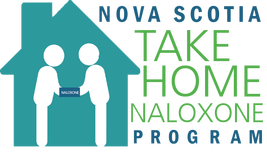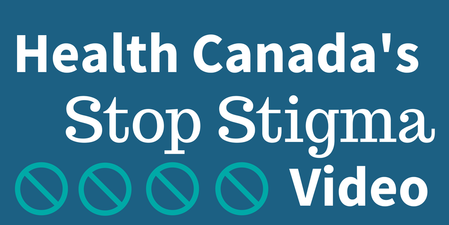WHAT IS IT?
Stigma can present itself in many ways.
Social or public stigma often shows up as negative stereotypes or discriminatory beliefs, attitudes, and behaviors towards a person or group of people based on the idea that their characteristics do not fall in line with societal norms. This is known as social or public stigma.
Internalizing of these attitudes and beliefs is called self-stigma.
Many people who use substances experience the impacts of stigma and it will often discourage people who want treatment seeking it.
For people who use drugs – stigma affects their relationships with families, employers, educators, health care providers, landlords and perhaps most deeply – themselves. The effects of stigma can happen from the anticipation of stigma and judgment alone.
Social or public stigma often shows up as negative stereotypes or discriminatory beliefs, attitudes, and behaviors towards a person or group of people based on the idea that their characteristics do not fall in line with societal norms. This is known as social or public stigma.
Internalizing of these attitudes and beliefs is called self-stigma.
Many people who use substances experience the impacts of stigma and it will often discourage people who want treatment seeking it.
For people who use drugs – stigma affects their relationships with families, employers, educators, health care providers, landlords and perhaps most deeply – themselves. The effects of stigma can happen from the anticipation of stigma and judgment alone.
IMPLICATIONS FOR SERVICE PROVIDERS
It is important for service providers to look at how they can work to reduce stigma within their role. Take note of any bias in their work (including unintentional) and challenge those biases by looking for new strategies to have more productive and authentic relationships with clients.
Beyond Stigma from Subject Matter Lab on Vimeo.
Drug-related stigma leads to fear/anticipation of mistreatment, which can keep people who use drugs from accessing services. This can happen regardless of actual mistreatment.



